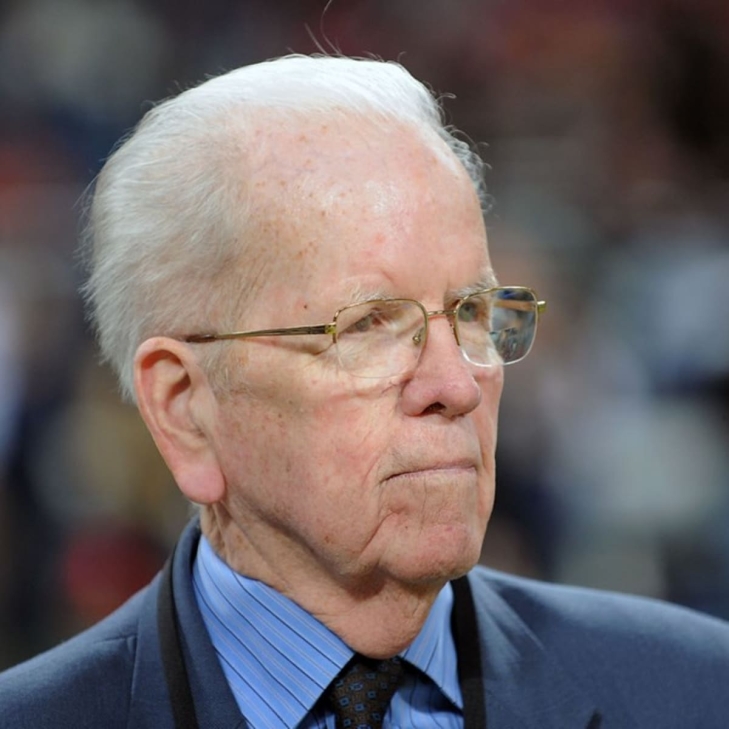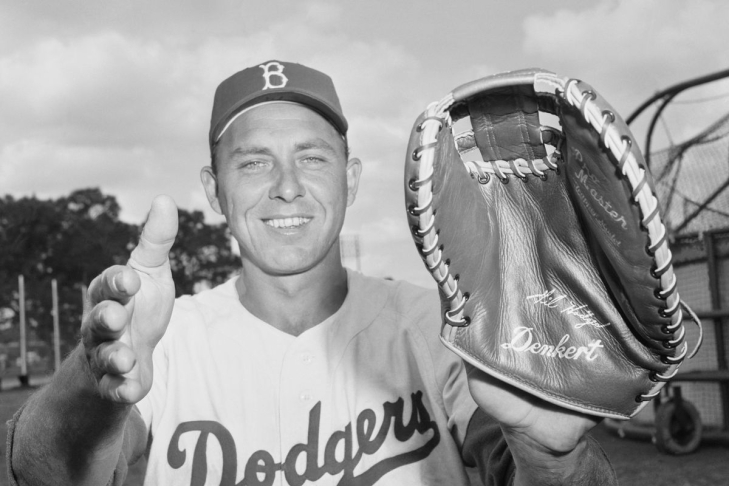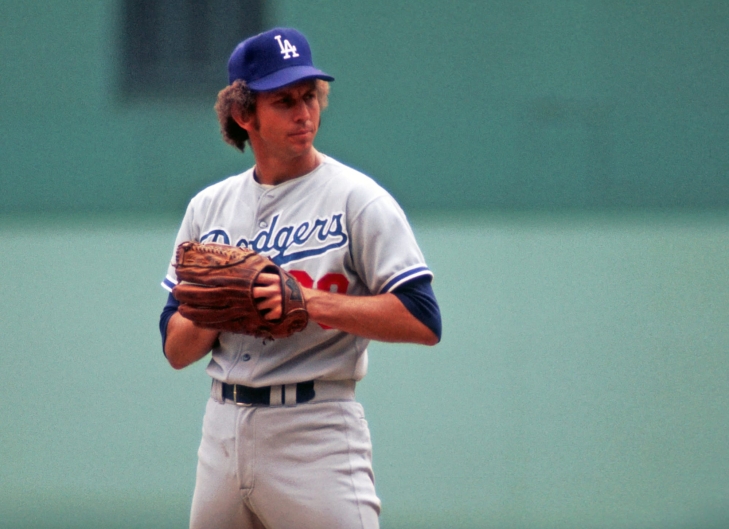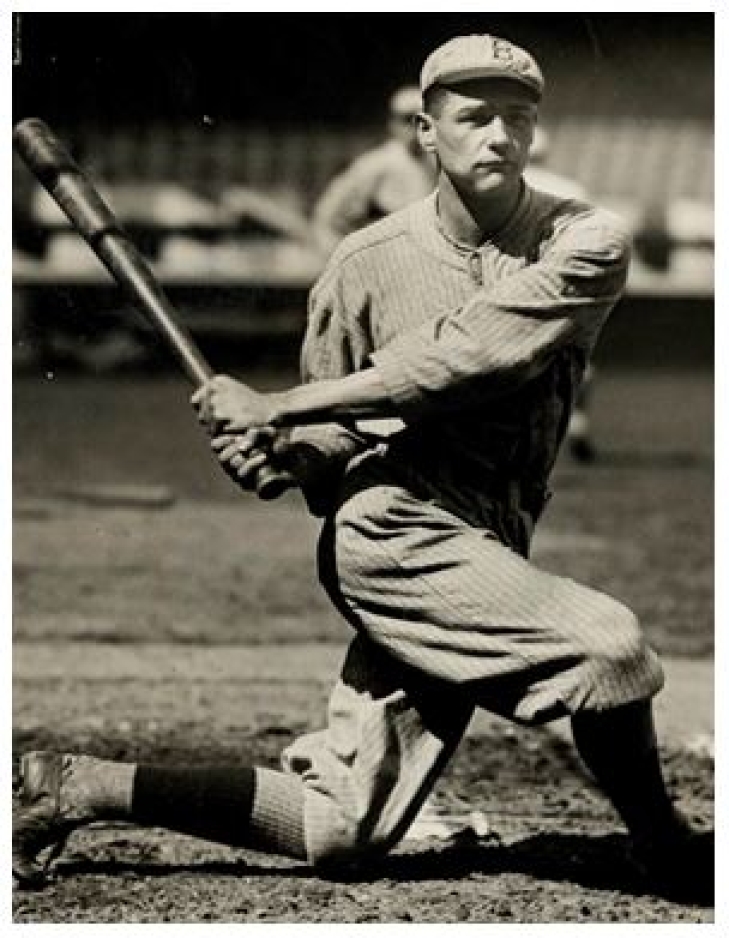
Committee Chairman
RIP: Art McNally
A year after he became the first official to be inducted into the Pro Football Hall of Fame, Art McNally passed away at 97.
You cannot tell the story of officiating without the name of Art McNally. Considered to be the “Father of Modern Officiating”, McNally began his NFL career in 1959 as a field judge, and would be a referee from 1960 to 1968. Afterward, McNally would become the supervisor of officials, and he modernized the role through extensive training. In 1986, McNally brought in instant replay, and helped to bring modern technology to the role. McNally, was a consultant up until seven years ago.
We here at Notinhalloffame.com would like to extend our condolences to the fans, friends and family of Art McNally.
10. Gil Hodges
Gil Hodges was one of the most popular players in Dodgers history, an incredible feat considering the talent and characters that graced the team.
After appearing in one Game in 1943, Hodges entered the American Military, losing two years to due service. He returned in 1947, the same year as Jackie Robinson, and they were part of a young team on the rise. Originally a Catcher, Hodges was moved to First Base and was one of the team's power hitters throughout the 1950s.
Hodges began a seven-year streak of All-Star Games in 1949, and from 1949 to 1959, he was a perennial 20 Home Run player, with a pair of two 40 Home Run years (1951 & 1954). He drove in at least 100 Runs in that seven-year streak of All-Stars, and while he never finished higher than seventh in MVP voting, he had nine years where he received voted for the highest individual award in the National League.
The Brooklyn fans loved Hodges, and he loved them back. The Dodgers had been good for a while but had been unable to win the World Series, but it changed in 1955. While Hodges was beginning to decline and had a poor first three Games in the World Series, his bat came alive, and he fittingly had the series-winning RBI and ended the game defensively with an out. This was the only World Series win for the Dodgers in Brooklyn, and many fans were happiest for Hodges.
Hodges still hit Home Runs for the club and was a veteran presence helping the Dodgers reach the 1956 and 1959 World Series, winning the latter, with that coming in Los Angeles. Hodges returned to New York when they took him in the 1962 Expansion Draft, and he left the Dodgers with 361 Home Runs, 1,254 RBI, 1,884 Hits, and an OPS of .847.
After receiving the most votes of any former player not to be elected, Hodges was chosen by the Baseball Hall of Fame in 2022 by the Veteran’s Committee. The Dodgers responded by retiring his number 14.
It was a long time coming, especially considering he had over 50 percent of the ballot for 11 of his 15 years.
9. Don Sutton
Don Sutton might not have looked like an imposing figure on the mound, with his curly hair and friendly face, but he got a lot of players out, often vis three strikes.
Sutton debuted in 1966 for the Dodgers two years after he was signed, and he joined Los Angeles's Starting Rotation and proved immediately that he belonged. Playing 15 years with the Dodgers, Sutton never had less than 11 Wins in a season, at least 15 eight years in a row (1969-76), and a ninth one in 1978.
Sutton's best period was in the mid-70s, where from 1972 to 1976, he regularly finished in the top five in Cy Young voting and twice led the league in WHIP with one league lead in SO/BB. After his peak ended, Sutton was still among the better starters in the NL, and much of the success of Los Angeles in the late 70s stemmed from his work on the mound. A four-time All-Star, Sutton finally won the ERA Title in 1980, which would also be his last year with the Dodgers, as he signed with the Astros as a Free Agent.
Sutton entered the Baseball Hall of Fame in 1998 in his fifth year of eligibility. As per Dodgers tradition, they retired his number (20) that year. As of this writing, Sutton is still the franchise leader in Wins (233), Innings Pitched (3,816.1), Strikeouts (2,696), and Shutouts (52).
8. Zack Wheat
Zack Wheat was one of the top players for Brooklyn in the dead ball era, playing all but his last season in the Majors for Brooklyn.
Playing in the Outfield, Wheat first appeared for Brooklyn in 1909, becoming their starting Leftfielder the year after. Collecting 2,804 of his 2,884 Hits with the Dodgers, Wheat batted .317 for the team and was also a solid defensive player. Wheat regularly batted over .300, winning the 1918 Batting Title, and was the Slugging Champion in 1916.
Had Wheat played decades later in the Dodgers heyday, he would be more remembered in the baseball zeitgeist.
Wheat entered the Baseball Hall of Fame in 1959 through the Veteran’s Committee.





